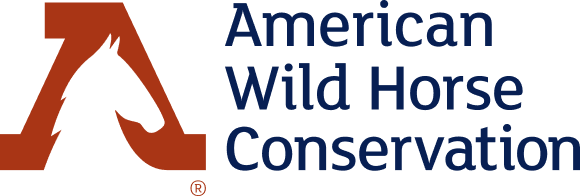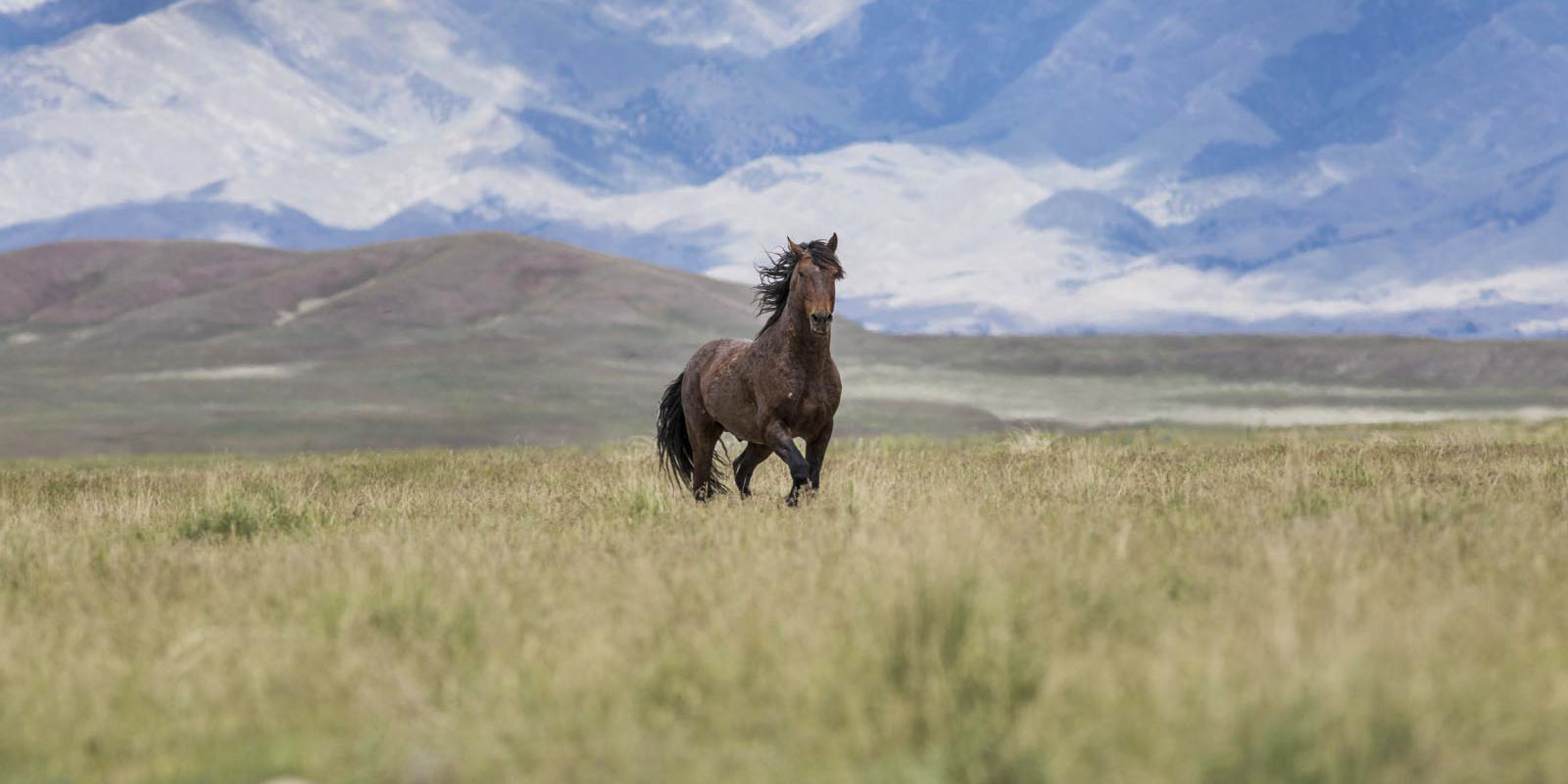RENO, Nev. (AP) — Critics of Nevada's new plan to cede state ownership of nearly 3,000 free-roaming horses to private hands say it's an illegal move that ultimately would send the animals to slaughter.
The Nevada Department of Agriculture on Tuesday published a request for proposals for people willing to take ownership of the Virginia Range herd that roams about a 500-square mile area (1,295 sq. kilometer) south and east of Reno.
Director Jim Barbee said the department's intent is to "select an owner that will work to keep the horse population on the range and facilitate adoptions of any horses that need to be removed."
Opponents say that's impossible because no private entity can obtain liability insurance necessary to cover so many animals over such a large area of open range.
"The only organization that could take something like this on is one that will take them off the range and kill them," said Deniz Bolbol, the American Wild Horse Campaign's programs director.
"It's clear they are only suggesting this to get rid of the horses. For them to suggest otherwise is ridiculous. It's a blatant lie," she said Thursday. She vowed to file a lawsuit against the state unless it rescinds the plan before the call for proposals closes April 16.
The move comes on the heels of the state's abrupt cancellation in October of an agreement with Bolbol's group to jointly manage the herd through 2020 in a humane manner with an emphasis on fertility control.
That program was administered under current state law that dictates state ownership of stray or feral horses not entitled to U.S. protections on neighboring federal land.
State officials say they have no appropriation from the Legislature and can't afford to properly manage the horses, which pose a public safety threat on area highways and roads. The herd roams an area between U.S. Interstate 80 and U.S. Highway 50, from Reno and Virginia City as far east as U.S. Highway 95.
The Agriculture Department plans to hear formal presentations from private, nonprofit applicants the second week of May and transfer ownership of the horses as early as May 15.
Potential owners must provide details of provisions intended to address public safety risks posed by horses. Proposals must also address livestock management, fertility control, stakeholder and local government coordination, and development of funds to cover the costs.
"Our No. 1 priority has always been the protection of public safety," Barbee said.
Department spokeswoman Rebecca Allured declined to respond to Bolbol's claim no insurance company will provide a private owner with the necessary liability insurance to keep the horses on the range.
Bolbol said the state required her group take to out a $1 million insurance policy to cover volunteers who had been working to dart the horses with the fertility control drug PZP.
She said she contacted a half-dozen large companies that insure livestock and none was willing to even consider issuing full liability coverage


